
OR
Fixing South Africa
Published On: January 28, 2018 12:30 AM NPT By: Anne-Marie Slaughter & Adrienne Klasa
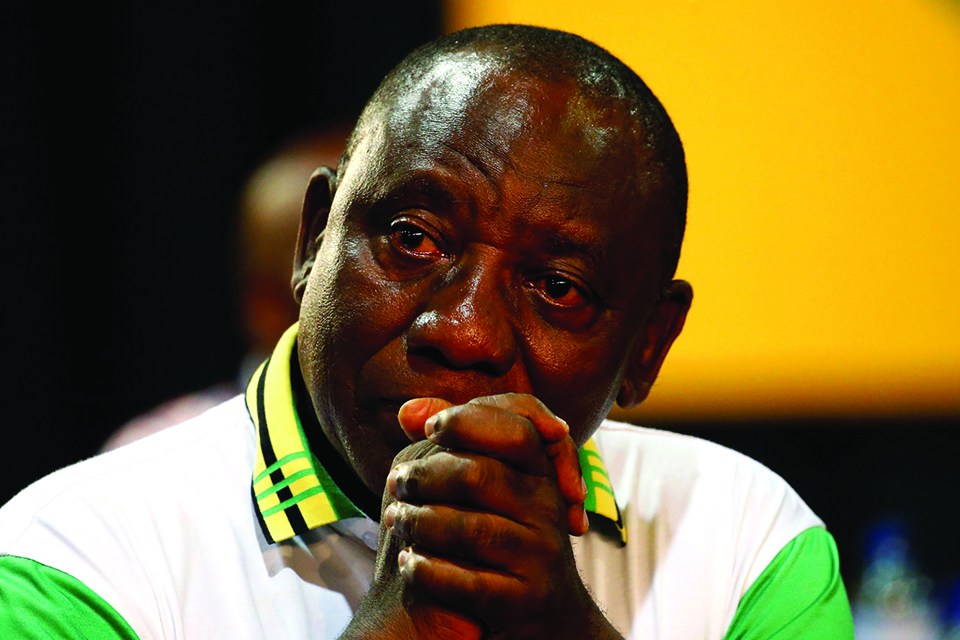

Anne-Marie Slaughter & Adrienne Klasa
Slaughter is President and CEO of New America. Klasa is editor of This is Africa, the Financial Times’ flagship Africa publication.news@myrepublica.com
More from Author
The larger challenge facing Ramaphosa comes from the state itself. He must tackle the structural decay fostered under Zuma.
WASHINGTON, DC – Cyril Ramaphosa’s victory in December’s contest to lead South Africa’s ruling African National Congress (ANC) was a resounding repudiation of President Jacob Zuma. Ramaphosa will now almost certainly be elected South Africa’s president in 2019—if not before. He has promised to stimulate the country’s moribund economy and implement a wide-ranging anti-corruption agenda.
The key question, however, is how much impact change at the top will have on South Africa’s troubled democracy.
Ramaphosa is unlikely to be a miracle worker. First, he faces the challenge of reforming his own party. The ANC’s identity as the party that liberated South Africa from the scourge of apartheid in 1994 has delivered it every election since. Yet today the ANC stands accused of both fecklessness and moral decay, and it suffered unprecedented losses to the opposition Democratic Alliance in urban areas in local elections in 2016.
Disillusioned ANC members can be strong allies for Ramaphosa’s reform attempts; they were powerful enough to elect him over Zuma’s preferred candidate, his ex-wife and former African Union Commission chair Nkosazana Dlamini-Zuma. But, as in many countries, from Iran to Russia, young urban voters pushing for change run up against older rural voters, the core of the ANC’s base. These voters are unlikely to turn against the party, thus buffering any existential threat to its dominance at the ballot box and putting a damper on reform efforts.
State capture
The larger challenge facing Ramaphosa comes from the state itself. He must tackle the structural decay fostered under Zuma. South Africa’s networks of patronage and corruption have become so endemic that the term “state capture”—coined by the World Bank to describe central Asian post-Soviet states where oligarchs coopted public institutions for personal profit—has entered widespread use.
South Africa’s state capture is deeply embedded. The country is a democracy, for all its flaws, with complex institutions. Unlike in a tightly controlled dictatorship, cutting off the head will not kill the monster. In order to co-opt so many interests, Zuma’s tentacular patronage networks must reach through many layers of bureaucracy and business hierarchies. Dissolving this lucrative conglomeration at a time when the economy has little else to offer multitudes of civil servants and workers—unemployment currently stands at almost 28 percent—will be difficult and unpopular.
Moreover, Zuma is weakened but not gone. Ramaphosa won the leadership contest by a slim margin, and his elected deputy, David Mabuza, and ANC secretary-general, Ace Magashule, are Zuma acolytes.
Zuma’s faction has also notionally retained control of the ANC’s 86-member National Executive Committee. Although some members’ allegiances now appear to be in flux, the NEC was vital in shielding Zuma from previous attempts to remove him.
Finally, Ramaphosa himself may well be conflicted. As a key architect of the deal that ended the apartheid regime, he proved himself to be a formidable negotiator. He was tipped to be Nelson Mandela’s deputy when Mandela became South Africa’s first post-apartheid president, but he stepped aside when asked, demonstrating pragmatism and patience.
But he is also very much a product of the ANC system. His large fortune was tantamount to a gift from the ANC’s Black Economic Empowerment programs in the 1990s. While he is viewed as clean despite his lavish lifestyle, he has certainly benefited from ANC patronage.
Assuming Ramaphosa has the determination, political savvy, and support to drive sweeping change, he will not be alone. Some of South Africa’s institutions—including the judiciary and the public protector—have proven resilient in the face of immense pressure to capitulate to Zuma’s agenda.
On December 29, the Constitutional Court delivered a shot in the arm to those who want to see Zuma removed before the end of his term in 2019. The court ruled that Parliament had failed to hold the president accountable in a scandal concerning diverted state funds. The judges demanded the National Assembly consider impeachment.
The courts’ moral stature makes them an important ally in efforts to clean up South African politics. But impeachment, a lengthy and fraught process, would be unlikely to lead to Zuma’s removal much before the end of his term.
The other path to consolidate Ramaphosa’s position is a no-confidence vote within the NEC. But, in a clear sign of his current weakness, Zuma was able to keep a no-confidence motion off the NEC agenda earlier this month, only by making a major concession: permitting an inquiry into state capture that he had been blocking for more than a year. His own links with the scandal-plagued Gupta family will feature prominently.
The ANC’s national executive committee has debated establishing a process to secure Zuma’s resignation, which Ramaphosa supporters want within weeks. But no timeline has yet been specified. Given Zuma’s political acumen, he could well prolong the process for many months. Nonetheless, his days are numbered.
Ramaphosa, for his part, has cautioned that Zuma should never be humiliated. His acknowledgment that power within the ANC is “a very delicate matter” is telling. He understands all too clearly the constraints he faces.
International support
The international community can play a role in supporting Ramaphosa. The classic scenario is to expect too much of a new leader and then to become disillusioned when he fails to deliver quickly. If international investors and stakeholders who support his agenda are too impatient, he will be unable to bring about the economic growth that will bolster his support among South African voters.
Ramaphosa’s victory is an important sign that many within the ANC understand that they must change or risk being remembered as the party that allowed an avaricious few to sell off the country. But change will be slow and hard. Ramaphosa is expected to win a high-stakes game with a middling hand. South African voters and the watching world must understand that his opponents are unlikely to fold quickly.
Slaughter is President and CEO of New America. Klasa is editor of This is Africa, the Financial Times’ flagship Africa publication.
© 2018, Project Syndicate
www.project-syndicate.org
You May Like This
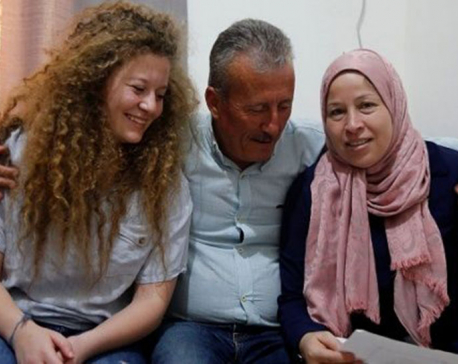
South Africa: Ahed Tamimi To receive special award from Mandela's grandson
WEST BANK, July 31: The Palestinian teen Ahed Tamimi, who has become an icon for Palestinian resistance against Israeli occupation,... Read More...
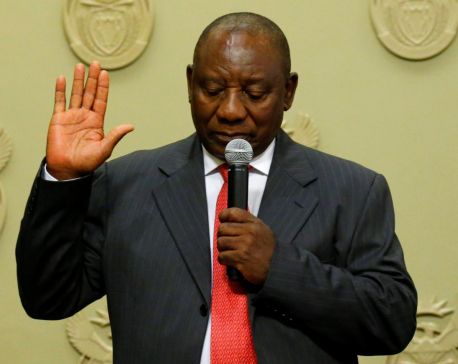
Cyril Ramaphosa is new President of South Africa
SOUTH AFRICA, Feb 16: Ramaphosa will remain president until next year's national elections, when he is expected to run as... Read More...
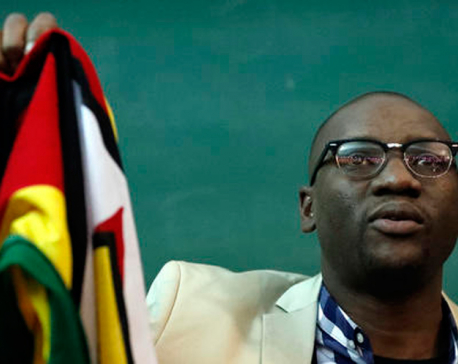
FIFA prosecutors want 3 banned in South African fixing case
ZURICH, Aug 17: FIFA ethics prosecutors want a six-year ban for a former South Africa Football Association president in a... Read More...

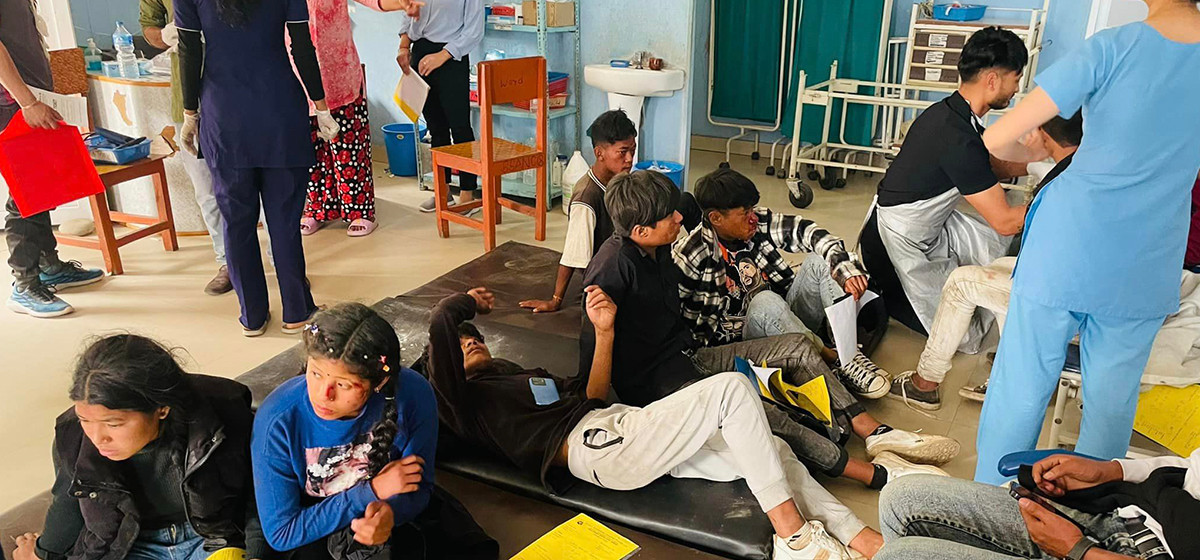
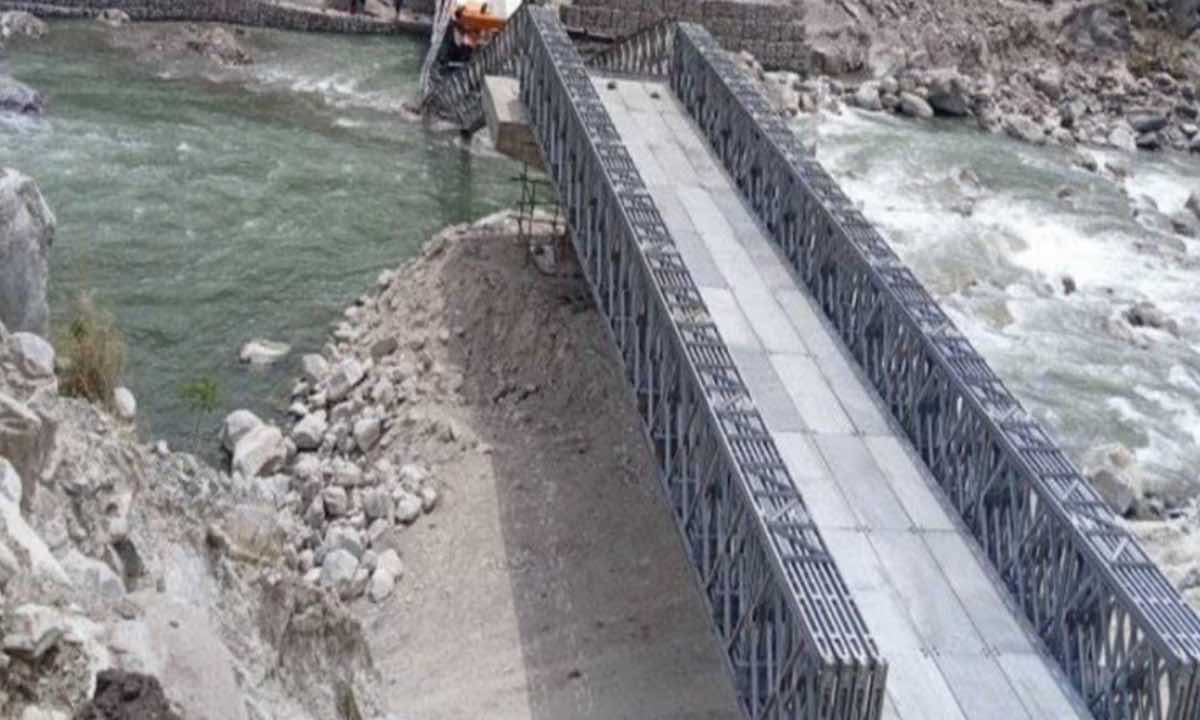

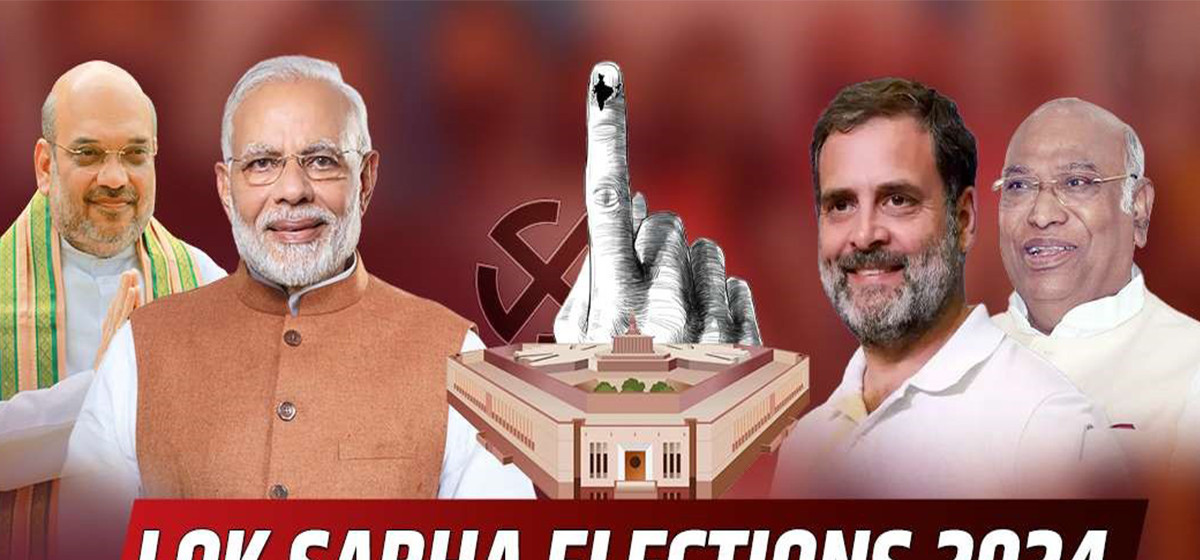
Just In
- Gold items weighing over 1 kg found in Air India aircraft at TIA
- ACC Premier Cup semi-final: Nepal vs UAE
- Sindhupalchowk bus accident update: The dead identified, injured undergoing treatment
- Construction of bailey bridge over Bheri river along Bheri corridor reaches final stage
- Taylor Swift releases ‘The Tortured Poets Department’
- India starts voting in the world’s largest election as Modi seeks a third term as prime minister
- EC seeks cooperation for free and fair by-election
- Bus carrying wedding procession attendees meets with accident in Sindhupalchowk; three killed














Leave A Comment